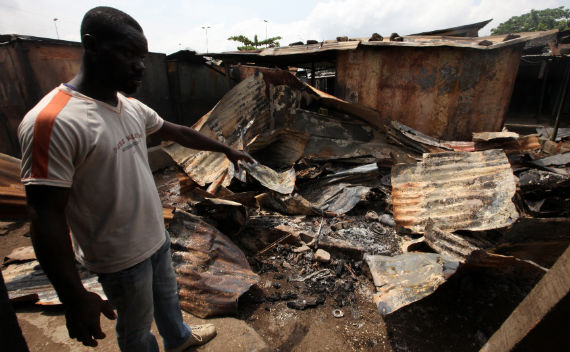Cote d’Ivoire Continues to Deteriorate
More on:

First it was Tunisia and Egypt, then Libya, and now Japan. The international community’s attention is far from Cote d’Ivoire, which nevertheless continues its downward spiral. The struggle between forces loyal to long-term strong man Laurent Gbagbo and those loyal to the legally elected president Alassane Ouattara is beginning to recall other long-lasting civil wars in Africa. Up to one hundred thousand Ivorians have fled to neighboring countries because of the fighting. Hundreds of thousands of Ivorians are internally displaced, with up to an estimated three hundred thousand in Abidjan, the capital. Both sides in the struggle are resorting to escalating violence, but Gbagbo’s use appears to be more systematic, leading human rights activists to accuse him of war crimes. Gbagbo, despite international opprobrium and sanctions, is receiving aid from the oil-rich Dos Santos government in Angola, possibly arms from Zimbabwe, and sympathy from Uganda and South Africa. And he continues to enjoy significant ethnic and religious support in Cote d’Ivoire. Abidjan is no Cairo or Tunis, where citizens showed remarkable unity of purpose. Rather, Cote d‘Ivoire is a profoundly divided society, and the November 2010 presidential elections that Ouattara won have only accentuated those divisions. The grim outlook is that the struggle will drag on. Cote d’Ivoire’s humanitarian catastrophe is already far along, with international attention increasingly restricted to human rights and humanitarian organizations. This is a sad outcome for what was once West Africa’s most developed economy.
More on:
 Online Store
Online Store